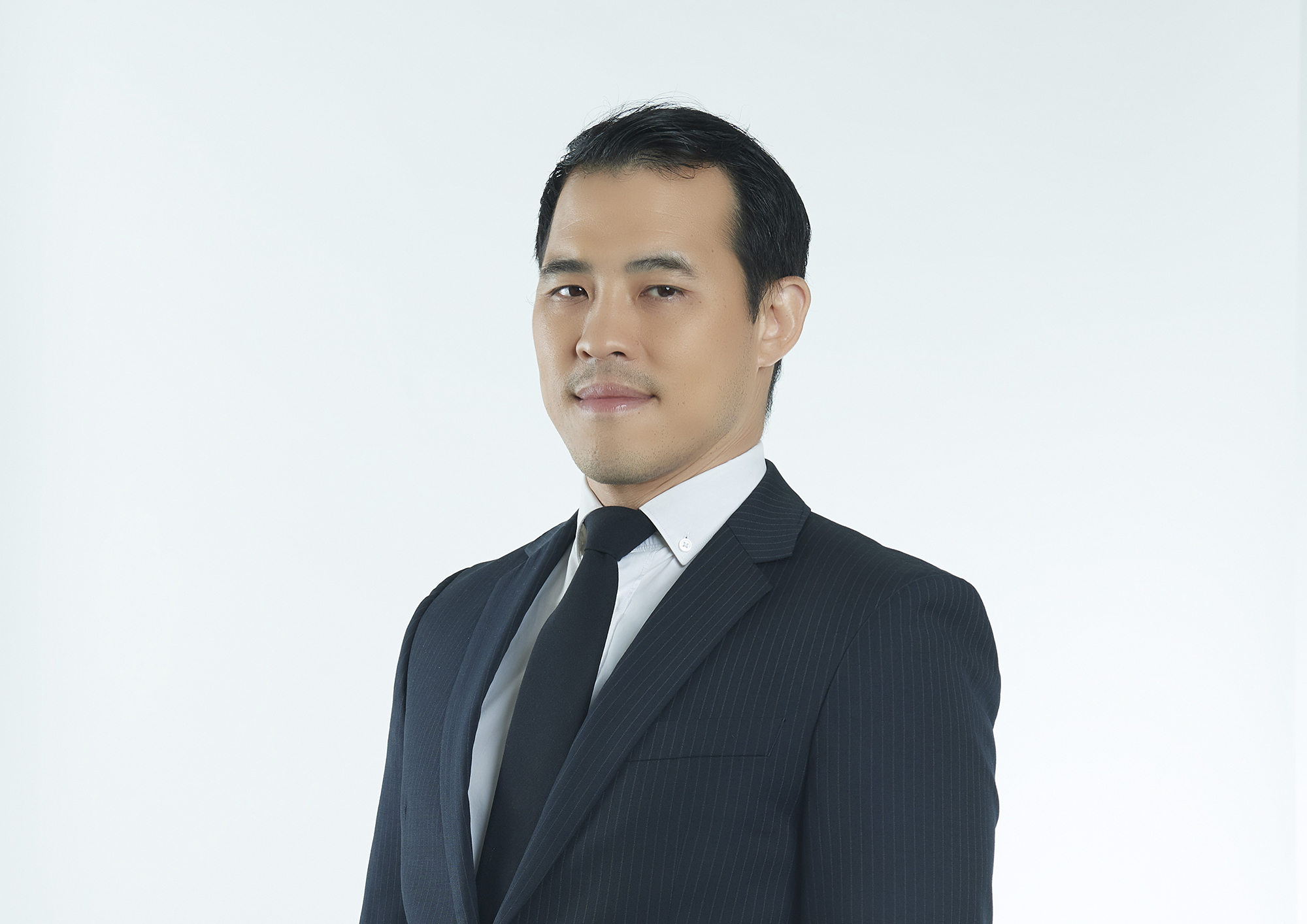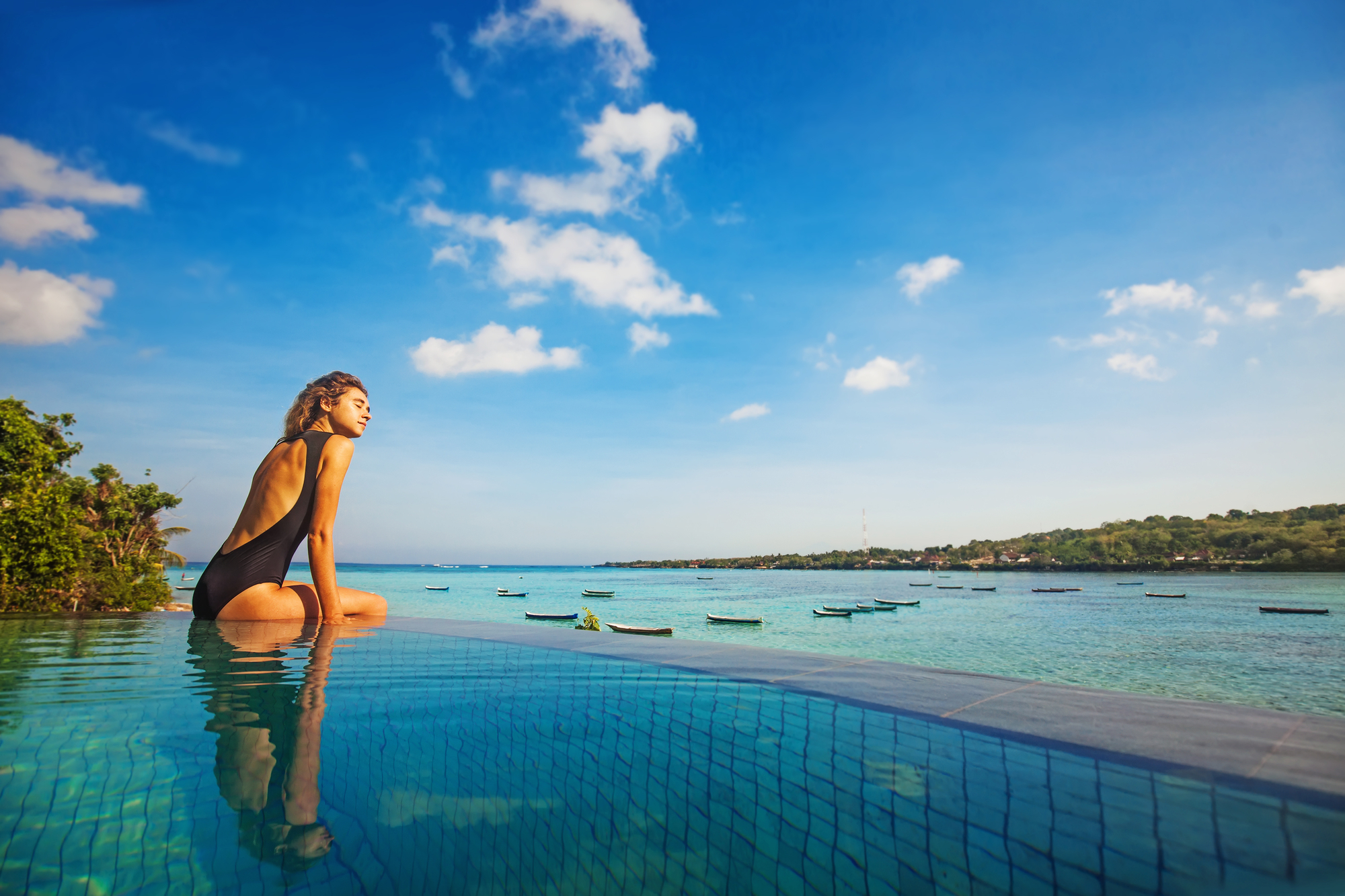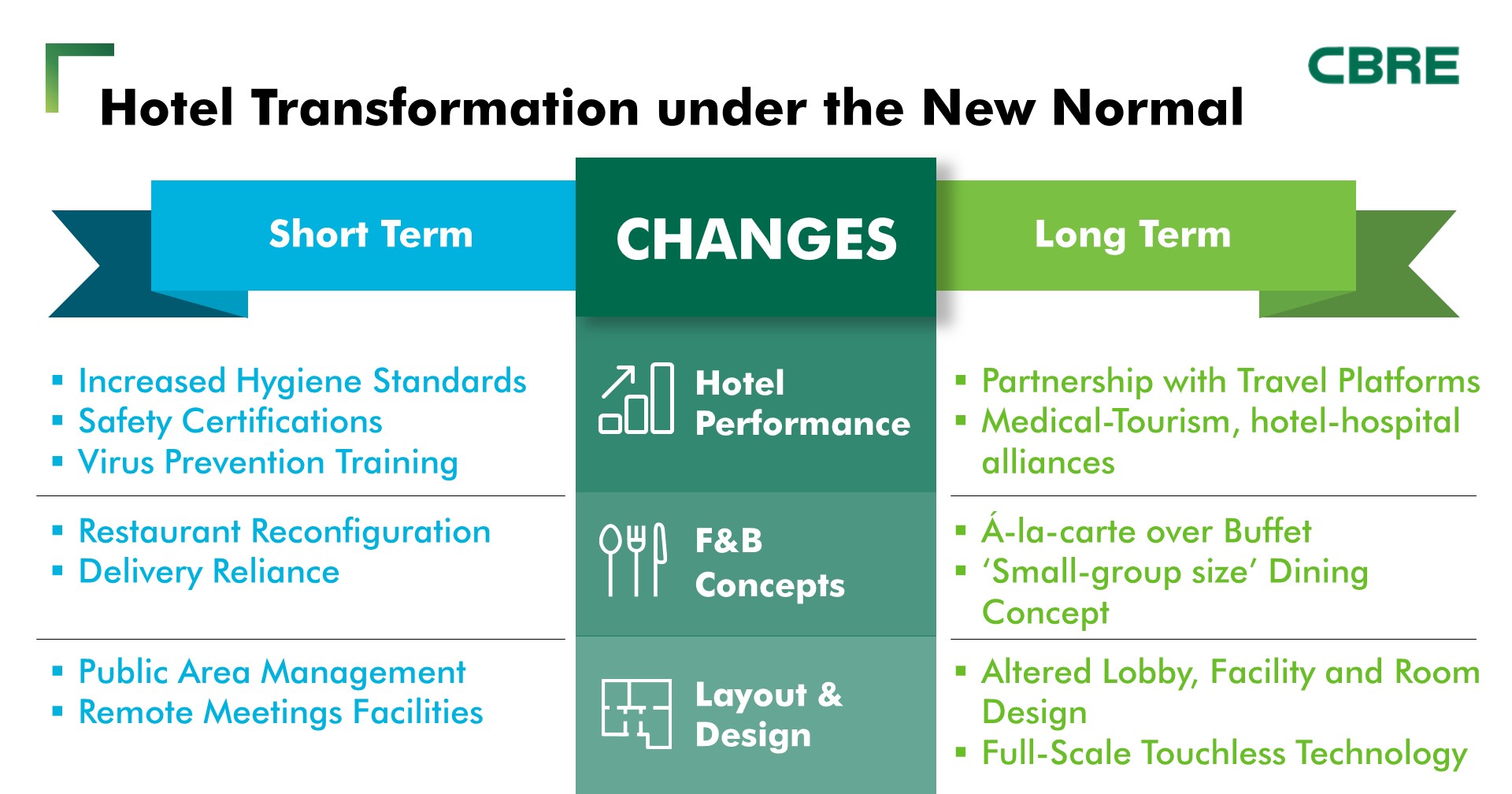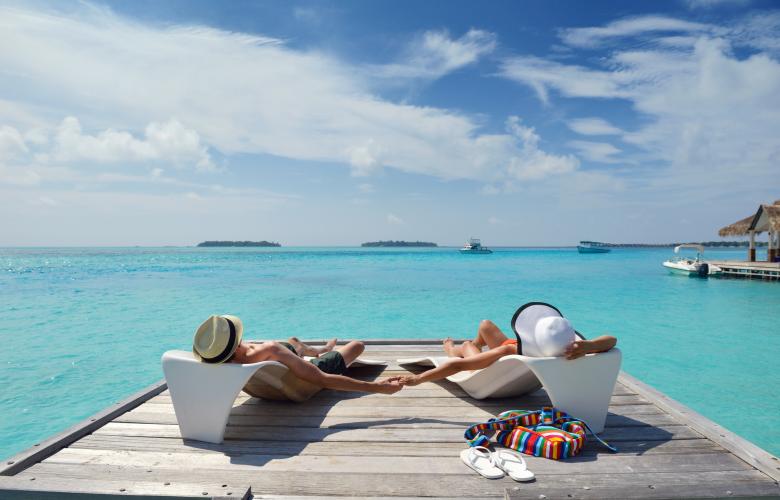The permanent changes Thailand's hospitality sector has been required to make in order to increase the confidence of guests post-Covid should be viewed as "positive development", CBRE says.
The firm expects the future of the hotel industry to be shaped by an inevitable shift as part of the ‘new normal’, including an added emphasis on hygiene, a redefined restaurant concept, new partnerships and design alterations.
But CBRE Hotels Head of Capital Markets Atakawee Choosang said some of the alterations could benefit the sector going forward.
At a glance:
- CBRE has reported a range of "subtle and substantial changes" within the Thai Hospitality post-Covid.
- These include added emphasis on hygiene, redefined dining, new partnerships and design alterations.
- CBRE Hotels Head of Capital Markets Atakawee Choosang says some of the added protocols could carry long-term benefits for the industry.
"We see many hotel developers and owners of large hotels in Thailand, reliant on international inbound, temporarily shutting their respective hotel businesses as they are not able to be profitable even with the current shift towards domestic tourism," he said.
"In tandem, owners across the board are trying to regain guests’ confidence with accredited hygiene standards and by adding new specifications and installations for health and safety.

CBRE Hotels Head of Capital Markets Atakawee Choosang. Source: CBRE Hotels
“For the hotel guest user and owners alike, we believe this is a positive development.
"The hotel asset type, in some ways should reflect a ‘second home’ on the road either in the short or long term, and while the common public space is easing up on its protocols, hotels will continue to have the highest standard of hygiene and cleanliness possible to build confidence with the guests."
To improve hotel performance in the short-term, hotel owners in Thailand are focused on reassuring guests of their virus-free hotels by implementing new safety protocols like COVID-19 control and prevention training for hotel staff following the Ministry of Public Health guidelines and acquiring a series of ISO certifications and SHA from the Amazing Thailand Safety and Health Administration.
In the long-run, CBRE believes partnerships with travel platforms like travel agencies, tourism offices, airlines and tourist destinations will be crucial for business survival and growth.
Mr Atakawee said medical tourism, wellness certified hotel, and potential hotel-hospital alliances could play a significant role in recovering the hotel market and become a significant driver in future hotel concepts as Thailand already has, by nature, a strong and welcoming hospitality culture catering to the domestic and international aging population.

Image Credit: Depositphotos
“With public health at the forefront, Thailand has the potential to solidify its status as one of the front-runners in the medical industry," he said.
"Thailand is one of the most successful countries in the world to battle the virus outbreak, in a short period of time the infected cases has visually decreased and the number of fatalities are at a minimum.
"Hotel developers may see this as an opportunity to target medical tourism visitors that, despite the recent slowdown, has been on the rise since 2016.
"Forming new business relationships with hospitals may be very beneficial for future hotel performance as well."
In terms of F&B, the social-distancing policy has altered the hotel-dining experience, especially in terms of the seating and spatial configuration.
Since the lockdown restriction has lifted, the new hotel dine-in experience has adopted additional safety requirements like physical-distancing by table, but also a higher standard of food handling and preparation, and potentially new dining concepts to cater towards smaller group sizes but in higher quantities.

Source: CBRE Hotels
Mr Atakawee said guests were now more conscious about social distancing and virus infection from food-on-display.
"It is possible that for the hotel F&B segment, less emphasis will be placed on all-you-can-eat buffets in favor of á-la-carte, set menu and chef table courses.
"If done well and creatively, this could result in decreased food waste and higher quality food.”
According to CBRE, changes from a hotel development and services standpoint are also in the pipeline for to restore the guests’ confidence, firstly by accommodating essential workers, primarily business executives, government officials and investors, who are among the first groups to be permitted to travel, with new facilities to support remote meetings directly from the hotels with in-room Zoom or similar applications.
Mr Atakawee said while hotel management will likely continue its common area management, full-scale touchless technology, digital keys, digital check-in, and potentially ultraviolet and other unobtrusive virus-killing technologies could become the norm at branded and upscale to luxury hotels.
"The adoption of phonebooths for individual calls should become more prevalent, however it is to be seen if a reversion away from a communal approach to hotel design will be embraced since the community aspect is very much part of ‘lifestyle’ hotels which has become popular over the past several years," he said.
"Regardless of positioning, hotels will need to strive for a symbiotic balance to support layout usability and a clear, harmonised health and safety protocol standard to be applied to every part of the hotel.
"It’s all about rebuilding the level of trust."
Similar to this:
COVID-19 highlights need for adaptation within Thai Serviced Apartment market - CBRE
Continued demand and the new normal in the Thai residential market - CBRE
Bangkok office market approaching the end of 'expansionary period' - Knight Frank












